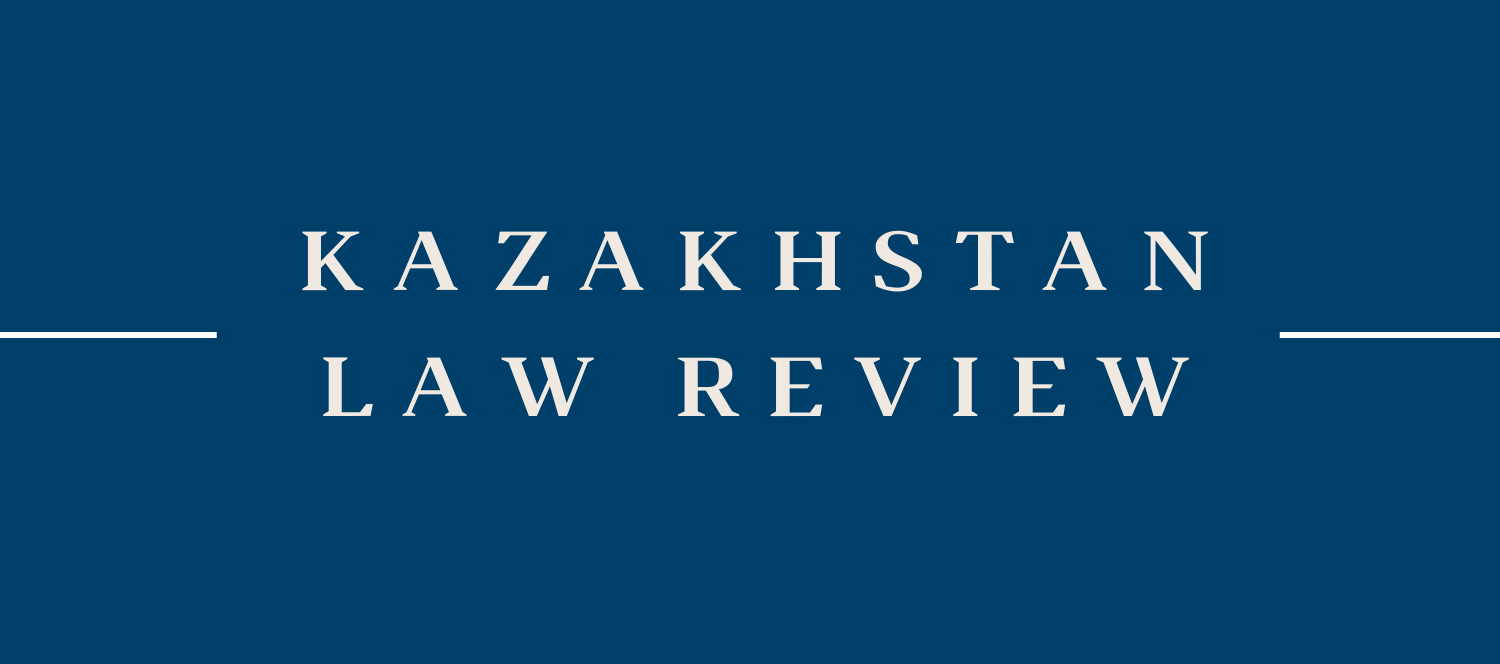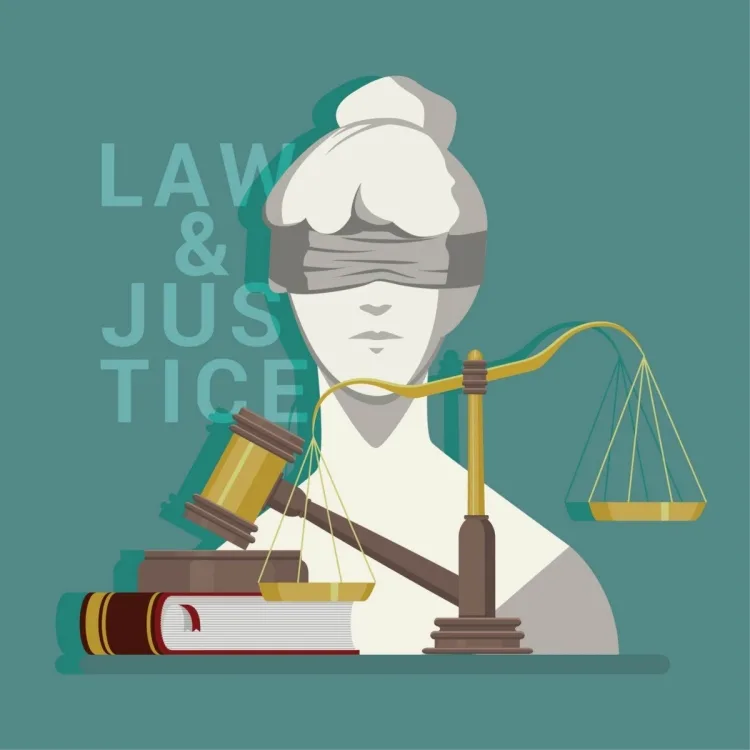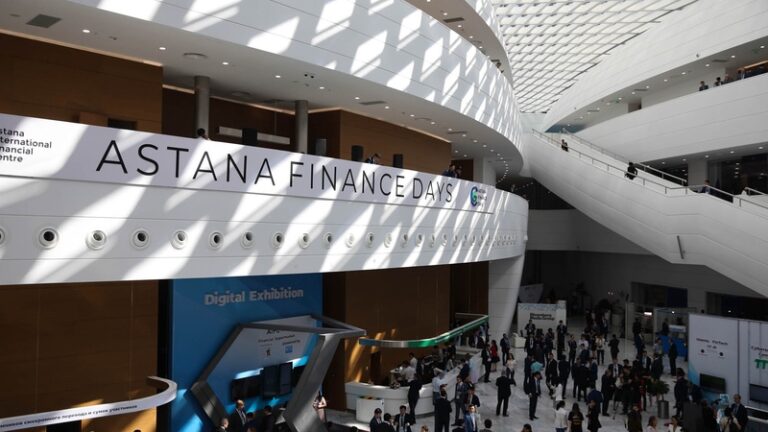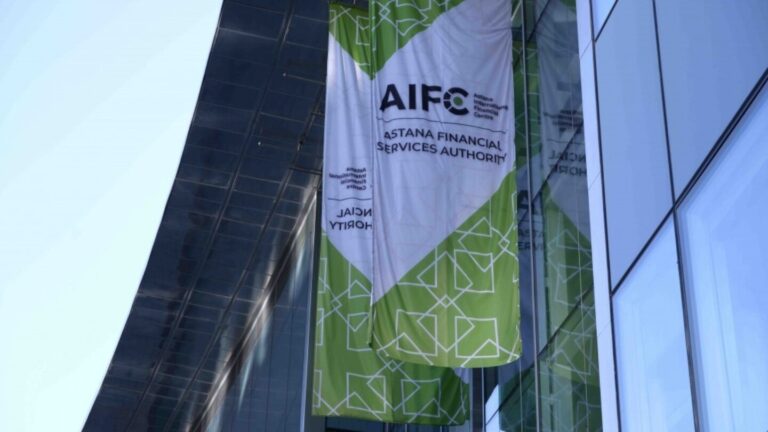Speech at the International Conference «Self-government of the Legal Profession: new challenges of our time» April 28, 2023.
Free Legal Assistance
SHYAM DIVAN, PRESIDENT-ELECT, LAWASIA (INDIA)
Dr. Sholpan ZABIKH, Co-Chair of the Committee on Legal Education of the Chamber of Legal Consultants Kazakhstan Bar Association.
Mr. Lihua TONG, Director of the Pro Bono Services and Social Responsibility Committee of All China Lawyers Association.
Distinguished speakers, office bearers of law associations and friends:
I.
Greetings from New Delhi where I address you from a block of law chambers across from the Supreme Court of India.
The Supreme Court building is a domed structure made from cream and red sandstone. In its forecourt is a sculpture of Mahatma Gandhi, father of the Indian nation.
Gandhi sits cross legged, deep in contemplation. What is he reflecting on?
Gandhi’s sculpture in the Supreme Court compound reminds lawyers and litigants alike about his values:
- Truth (Satya)
- Non-violence (Ahimsa)
- Welfare of all (Sarvodaya)
My topic today – Pro Bono Lawyering or Free Legal Assistance — melds some of Gandhi’s goals.
Free lawyering is about reaching for truth (Satya) by extending professional assistance to those who cannot afford legal fees (Sarvodaya—Welfare of all) and by resolving disputes through non-violent means (courts/mediation/conciliation).
Before he returned to India to lead our freedom movement, Gandhi had a successful practice in South Africa. His writings express a strong pre-disposition to compromise and conciliation. In Gandhi’s experience, prolonged litigation could ruin both plaintiff and defendant.
Writing in the journal Harijan on 26 November 1938, Gandhi says:
‘A True lawyer is one who places truth and service in the first place and the emoluments of the profession in the next place only’.
II.
What is Pro Bono lawyering?
Pro Bono comes from the Latin expression ‘pro bono publico’ meaning ‘for the public good’.
The 2030 Agenda for Sustainable Development adopted by all United Nations member states in 2015 provides a shared set of goals to save our planet and ensure peace and prosperity.
There are 17 SDG goals. For our purpose, we focus on goal 16.
SDG 16 which we must strive to achieve in the seven short years remaining up to 2030 reads:
‘Promote peaceful and inclusive societies for sustainable development, provide access to justice for all and build effective, accountable and inclusive institutions at all levels.’
Pro Bono Lawyering or Free Lawyering as a part of our professional duties appears a favoured strategy to ensure access to justice for all and to build inclusive institutions.
III.
Article 39A of the Constitution of India is a directive principle of state policy embedded in our Constitution to guide governments in the mammoth tasks of stewarding the most populous nation in the world.
Article 39A of Indian Constitution reads:
‘The State shall secure that the operation of the legal system promotes justice, on a basis of equal opportunity, and shall, in particular, provide free legal aid, by suitable legislation or schemes or in any other way, to ensure that opportunities for securing justice are not denied to any citizen by reason of economic or other disabilities’.
This article was inserted into the Constitution in 1976 and has since formed the basis of legislation and judicial directions by our constitutional courts.
Free Legal Aid also derives from the protection of life and liberty enshrined in Article 21 of the Indian Constitution.
In Khatri & Ors. v. State of Bihar & Ors. (1981) 1 SCC 627, the Supreme Court held that it was the duty of state to provide free legal aid not only at the stage of trial but at every stage, which includes the stage when the accused is brought before the magistrate or remanded from time to time.
In the case of Suk Das v. Union Territory of Arunachal Pradesh,(1986) 2 SCC 401, the Supreme Court held that even where the accused had not applied for legal aid, the failure to apply did not take away the right & it was the duty of the magistrate to inform the accused of their rights.
In the case of M.H. Hoskot v. State of Maharashtra, (1978) 3 SCC 544, the Supreme Court held that the procedure established by law, includes the Right to Appeal & Right to Counsel. Article 22(1) of the Indian Constitution also confers the right to legal representation.
Section 304 of the Criminal Procedure Code, 1973, mandates legal aid to the accused on state expense. It provides:
‘(1) Where, in a trial before the Court of Session, the accused is not represented by a pleader, and where it appears to the Court that the accused has not sufficient means to engage a pleader, the Court shall assign a pleader for his defence at the expense of the State.’
Chapter Four of the Legal Service Authority Act,1987, details the entitlement to legal services. Legal Service Authority Act creates various mechanisms to deliver free legal aid.
Rule 46 of the ‘Standards of Professional Conduct and Etiquette’ issued by the Bar Council of India is captioned: ‘Duty to Render Legal Aid’.
‘46. Every Advocate shall in the practice of the profession of law bear in mind that any one genuinely in need of a lawyer is entitled to legal assistance even though he cannot pay for it fully or adequately and that within the limits of an Advocates economic condition, free legal assistance to the indigent and oppressed is one of the highest obligations an Advocate owes to society.’
The Department of Justice encourages legal professionals for Pro Bono services and maintains a database of lawyers.
Tele Law & Nyaya Bandhu are platforms that have been created by the Department of Justice for Pro Bono Legal Services. Tele-Law provides pre-litigation legal advice where a client can seek legal advice through the Tele Law Mobile Application or by seeking an appointment for video conferencing with empanelled lawyers.
Nyaya Bandhu is the flagship Pro Bono Legal Service of the Department of Justice. It operates on Android / IOS & UMANG Platform. Nyaya Bandhu connects the customer with lawyers, civil society organizations & law firms.
Law Schools have Pro Bono Clubs with a view to encourage these values from the start of a legal career.
The judgment of the Supreme Court in Indira Jaising v. Supreme Court of India, (2017) 9 SCC 766, mandates pro bono work as a criteria for evaluating a lawyer before her designation as a Senior Advocate.
IV.
Personal Experiences
- Great Indian Bustard Case
- Justice Puttaswamy’s Case
- P M Cares Case
V.
Connecting Pro Bono Work, India and Kazakhstan
Allow me to end with an ongoing saga that connects Kazakhstan, India and Pro Bono Lawyering.
The pivot of this tale is Alexandra Elbakyan, a graduate of the Kazakh National Technical University and a global hero to many for Sci-Hub.
Sci-Hub enables students and researchers across the globe to access journal articles and scholarly writing behind high paywalls too high for students and researchers to scale.
While Sci-Hub with a data base of 84 million papers, undoubtedly, is a treasure trove for students and researchers, the publishers are not at all pleased. They consider her venture a breach of copyright.
Alexandra has been sued in several jurisdictions where, generally, she passes up the opportunity to put in a defence.
However, when three publishers sued her in the Delhi High Court in 2020 she entered a defence (Elsevier Ltd. v. Alexandra Elbakyan, CS(COMM) 572 / 2020).
A young lawyer, Nilesh Jain who came from a village near Jaipur Rajasthan learnt about this case and instantly recognised the defendant. He had graduated through law school using Sci-Hub as a key resource and felt obliged to offer his services in the larger interest of the student community. Jain offered his services pro bono to Alexandra.
He persuaded Alexandra Elbakyan to take up the fight in India even though she had refused to battle publishers elsewhere. The Delhi High Court had adopted a liberal approach to copyright infringement when it dismissed another action by a leading University Press against a photocopying shop that served up academic books.
Alexandra’s case in Delhi is pending as I speak and it remains to be seen how the trial proceeds.
What is important for us is Alexandra’s access to justice in India thanks to a public spirited lawyer Nilesh Jain and the team he assembled to represent her pro bono. Perhaps this case exemplifies the spirit and values we are reminded of when we pass the statute of Mahatma Gandhi.
Thank you for your time.




